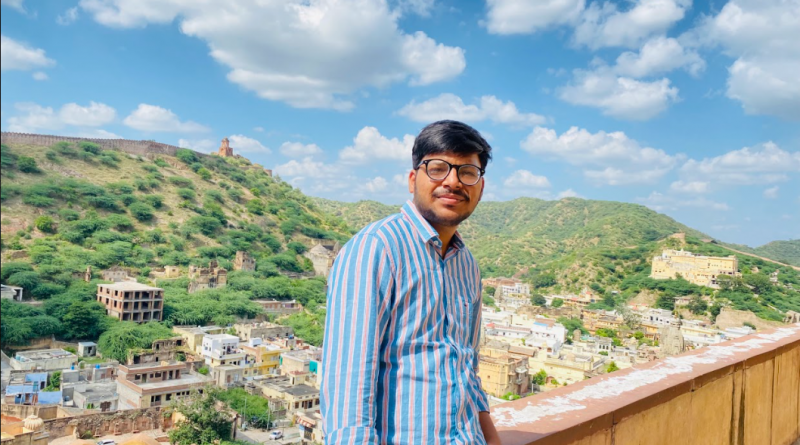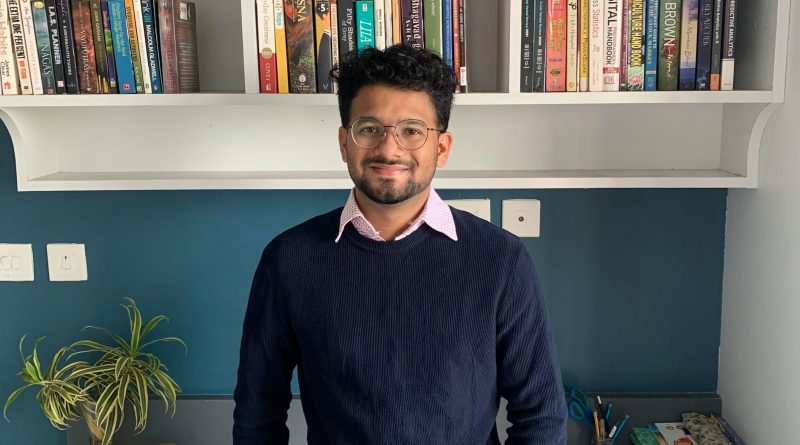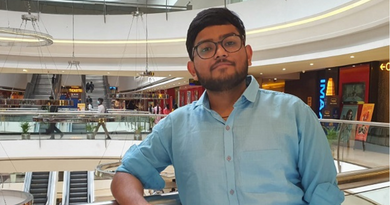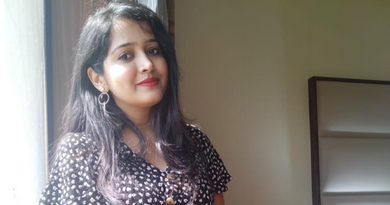Public Health Internship at Foundation of Healthcare Technologies Society, New Delhi – Bikash Gyawali’s Story
 About the Author: Bikash Gyawali, pursuing Masters of Public Health at Amity University, tells the story of how he learned more about the challenges of Public Health in the Delhi slums than he ever did in air conditioned classrooms.
About the Author: Bikash Gyawali, pursuing Masters of Public Health at Amity University, tells the story of how he learned more about the challenges of Public Health in the Delhi slums than he ever did in air conditioned classrooms.
I am an Optometry graduate from BITS Pilani and currently pursuing Masters of Public Health degree from Amity University, Noida. I completed 2 months Internship at Foundation of Healthcare Technologies Society, New Delhi in May-June 2016. It was the end of my first year at college when the need to gain field exposure in community health dawned on me and I decided to put my boots on ground during my summer break. While the academic course had given me ample knowledge of information technology in health sector, practical application was somehow missing. When I approached my professor for some suggestions, I was instantly asked to apply at Foundation of Healthcare Technologies Society FHTS; a Delhi-based think-tank working in the area of health informatics and public health.
On 19 May 2016 – another day in Delhi’s scorching summer – I landed at FHTS main office in South Delhi and I was introduced to a team of enthusiastic employees from diverse backgrounds including medicine, nutrition, economics, IT etc. One of the project managers briefed me about the work being done at FHTS and main ongoing projects. Post-orientation, I knew clearly that I was at a place which challenges existing knowledge and encourages output-driven initiatives, and I could sense there was a lot for me to learn there!
For the next two months, I was involved in an ongoing community-health project in urban slums of Delhi where I had to empirically examine the stress levels in Delhi’s urban slum settings. Based on my findings, I had to produce a policy analysis report with technology specific suggestions on stress management suitable for needs of urban slums. The routine involved three days of field visits and two days in office for data compilation and analysis. While main purpose of field visit was to collect data and garner inputs for the study in a prescribed format, interaction with slum dwellers; young and old, was an ecstatic experience. To be so closely acquainted with life in slums, I realized I was learning much more about public health challenges here than in the air conditioned classrooms. Moreover, the internship enabled me to hone my skills in research methodology and statistical analysis. From team meetings to the brainstorming sessions, I witnessed a lot of creativity around me. After interactions with almost 200 households over a period of two months, I produced an elaborate assessment report on stress levels in Delhi’s urban slums.
However, in all honestly, the learning was much beyond the skills that I gained. I got a fresh perspective on public health challenges, and now when I attend the lectures, I can easily draw the linkages between theory and reality. It is worth mentioning that the team was very helpful and supportive to say the least, and the experience was so engaging that I decided to remain engaged with FHTS even after completion of my internship by committing my weekends to FHTS! To anyone who wishes to witness life in slums from proximity and also polish their research methodology skills, I would highly recommend an internship at Foundation of Healthcare Technologies Society.
Editor’s Note – Looking for an internship for yourself to learn practical application of theory as Bikash did? Check out these meaningful internships.



